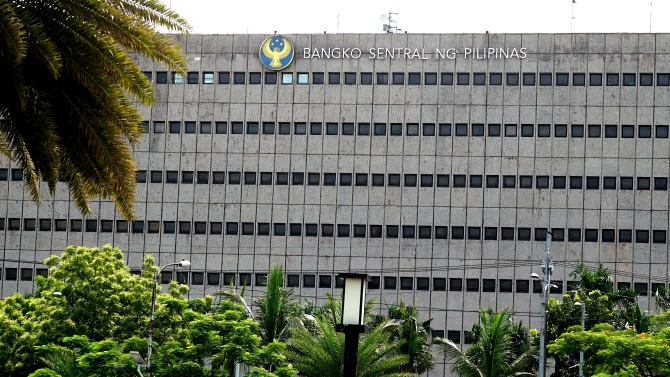The Philippines’ credit rating outlook is expected to remain stable, supported by steady growth, soft inflation and manageable fiscal and external positions, Japan Credit Rating Agency (JCR) said.
In its latest report, JCR said the country’s solid economic growth could bear the impact of any political upheaval and external risks at this time.
Noting the domestic economy’s resiliency, the rating agency said it expects high growth in the medium term, driven by consumer and infrastructure spending.
“The ratings mainly reflect the country’s high and sustainable economic growth supported by solid domestic demand, low-level external debt and resilience to external shocks supported by accumulated foreign exchange reserves,” JCR said in a September 17 report.
However, it also noted the government’s challenge of pursuing rural and infrastructure development to fix the gap between the poor and the wealthy.
The report cited the administration’s fiscal consolidation efforts under its Medium-Term Fiscal Framework, however, which “have been successful, and JCR expects the country’s fiscal soundness to be sustained.”
Manageable debt, solid reserves
Meanwhile, the Bangko Sentral ng Pilipinas (BSP) on Thursday said the latest JCR report highlighted the “strength and stability of the Philippine banking system.”
The BSP said the stable financial system was one of the reasons why JCR maintained its investment-grade credit rating of “A-” with a “stable” outlook last June.
It acknowledged the country’s firm loan growth and manageable non-performing loan ratio of 3.1 percent as of end-July and consolidated capital adequacy ratio of 16.5 percent.
BSP Governor Eli Remolona Jr. said they will continue to craft and implement policies that will strengthen the banking sector’s capitalization and risk management.
“These support financial stability and further build confidence in the domestic financial system,” he said.
JCR commended the BSP and the government for bringing down inflation to a six-year low of 0.9 percent in July 2025 from a peak of 8.7 percent in 2023. For the first eight months, inflation has averaged 1.7 percent.
JCR said the decline in inflation has “supported household consumption while accelerating the reduction in poverty.”
The poverty rate improved to 15.5 percent in 2023 which was better than the government target.
The country’s credibility to sustain growth was also evident in its debt management. Last year, the debt-to-GDP ratio stood at 60.7 percent while the budget deficit dropped to 5.7 percent of GDP.
JCR’s report likewise noted the country’s robust foreign exchange reserves of $105.9 billion as of end-August 2025. The gross international reserves is equivalent to 7.2 months’ worth of imports and 3.4 times the country’s short-term external debt.
JCR said that “given its solid foreign currency liquidity position (the) Philippines will stay remarkably resilient against external shocks.”
Political risk
The report, however, cautioned that there are inherent vulnerabilities such as persistent political risk.
The report cited the controversial impeachment against Vice President Sara Duterte and the October 2025 Bangsamoro parliamentary elections.
These are all factors to future credit rating upgrades, JCR said.
“The successful attainment of government targets – including higher per capita income, lower poverty rate, expanded domestic employment opportunities, continued infrastructure investment, and structural reforms – will have a positive impact on the credit rating,” it added.
In June, JCR affirmed the Philippines’ investment-grade credit rating, which helps lower borrowing costs. The favorable financing terms are especially helpful in funding critical public services and infrastructure.





